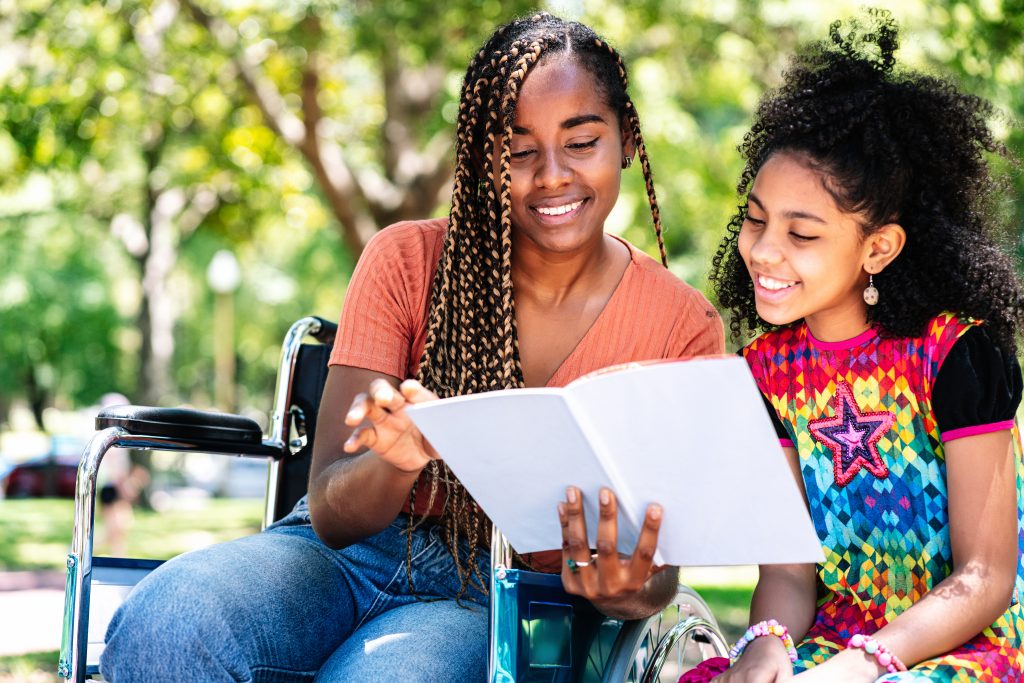Introduction
If you know or suspect that someone is a victim of domestic violence, you might feel clueless about the best way to help. Don’t let a fear of saying the wrong thing prevent you from reaching out. Waiting for the perfect words could keep you from seizing the opportunity to change a life. The world for many domestic abuse victims can be lonely, isolated, and filled with fear. Sometimes reaching out and letting them know that you are there for them can provide tremendous relief
HOW TO HELP
- Make Time for Them:If you decide to reach out to an abuse victim, do so during a time of calm. Getting involved when tempers are flaring can put you in danger. Also, make sure to set aside plenty of time in case the victim decides to open up. If the person decides to disclose years of pent-up fear and frustration, you will not want to end the conversation because you have another commitment.
- Start a Conversation:You can bring up the subject of domestic violence by saying “I’m worried about you because …..” or “I’m concerned about your safety…” or “I have noticed some changes that concern me…” Maybe you’ve seen the person wearing clothing to cover up bruises or noticed that the person has suddenly become unusually quiet and withdrawn. Both can be signs of abuse. Let the person know that you will be discreet about any information disclosed. Do not try to force the person to open up; let the conversation unfold at a comfortable pace.
- Listen Without Judgment:If the person does decide to talk, listen to the story without being judgmental, offering advice, or suggesting solutions. Chances are if you actively listen, the person will tell you exactly what they need. Just give the person the full opportunity to talk. You can ask clarifying questions, but mainly just let the person vent their feelings and fears. You may be the first person in which the victim has confided.
- Learn the Warning Signs:Many people try to cover up the abuse for a variety of reasons, and learning the warning signs of domestic abuse can help you help them:PHYSICAL SIGNS: Black eyes, Busted lips, Red or purple marks on the neck, Sprained wrists, Bruises on the arms.
EMOTIONAL SIGNS: Low self-esteem, Overly apologetic or meek, Fearful, Loss of interest in once enjoyed activities and hobbies, Talking about suicide.
BEHAVIOURAL SIGNS: Becoming withdrawn or distant, Cancelling appointments or meetings at the last minute, Being late often, Excessive privacy concerning their personal life, Isolating themselves from friends and family.
- Believe the Victim:Because domestic violence is more about control than anger, often the victim is the only one who sees the dark side of the perpetrator. Many times, others are shocked to learn that a person they know could commit violence. Consequently, victims often feel that no one would believe them if they told people about the violence. Believe the victim’s story and say so. For a victim, finally having someone who knows the truth about their struggles can bring a sense of hope and relief.
CONCLUSION
Although your natural impulse may be to “rescue” someone you care about from domestic violence, the person being abused needs to make the ultimate decision of whether (and when) to leave and get help. Keeping this in mind will help ensure that you support them no matter their decision and continue to provide them with a loving and safe friendship.








